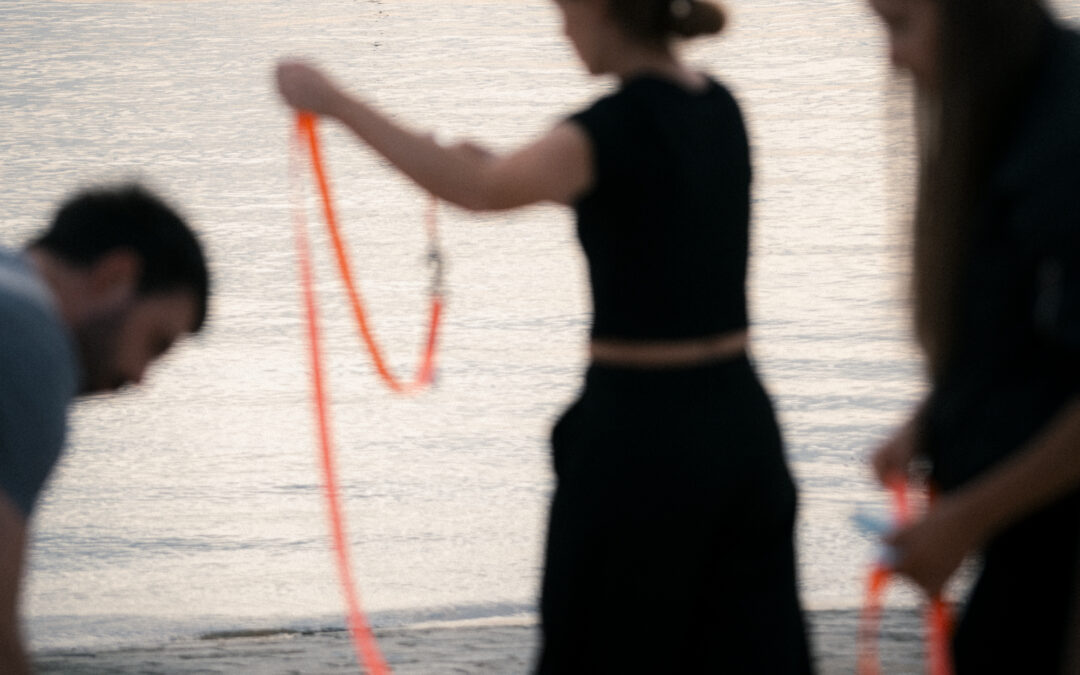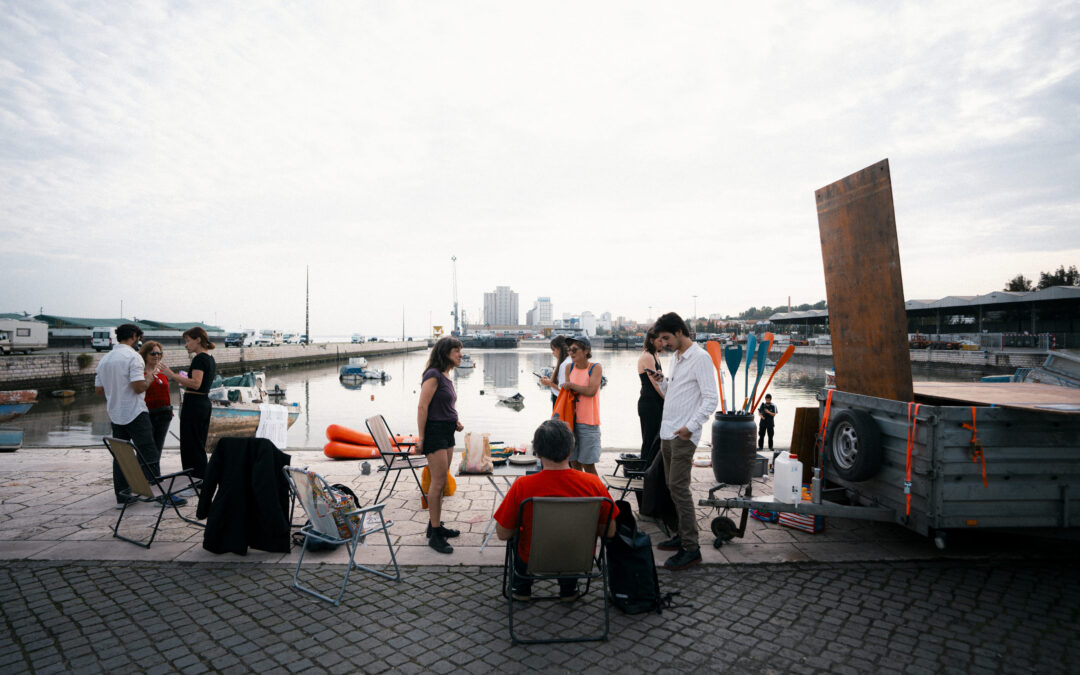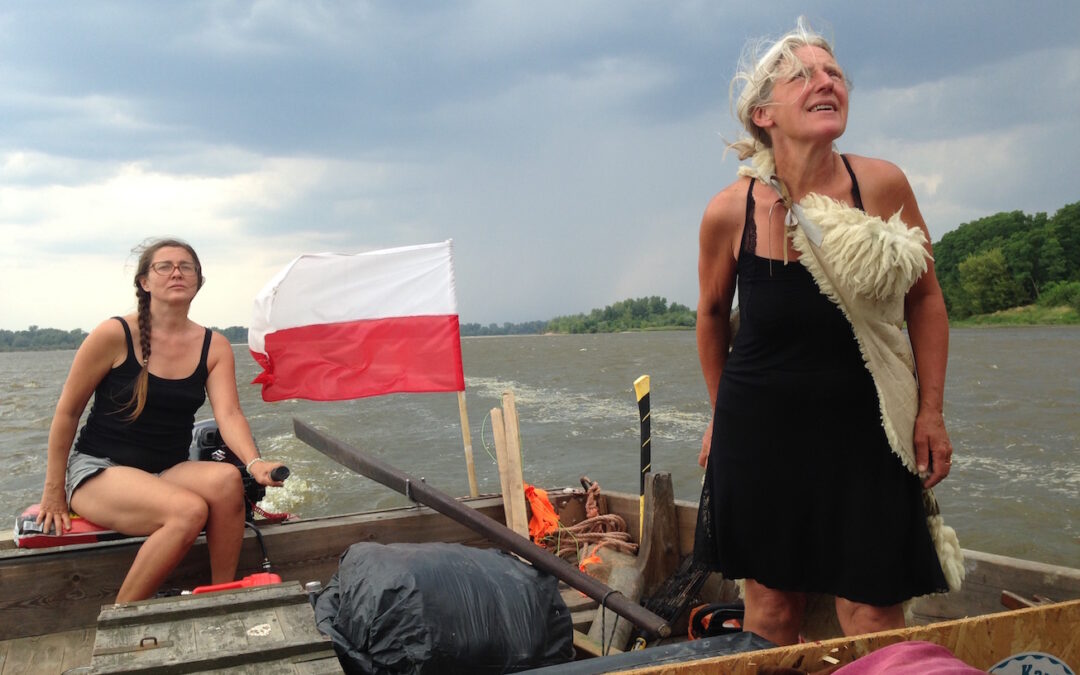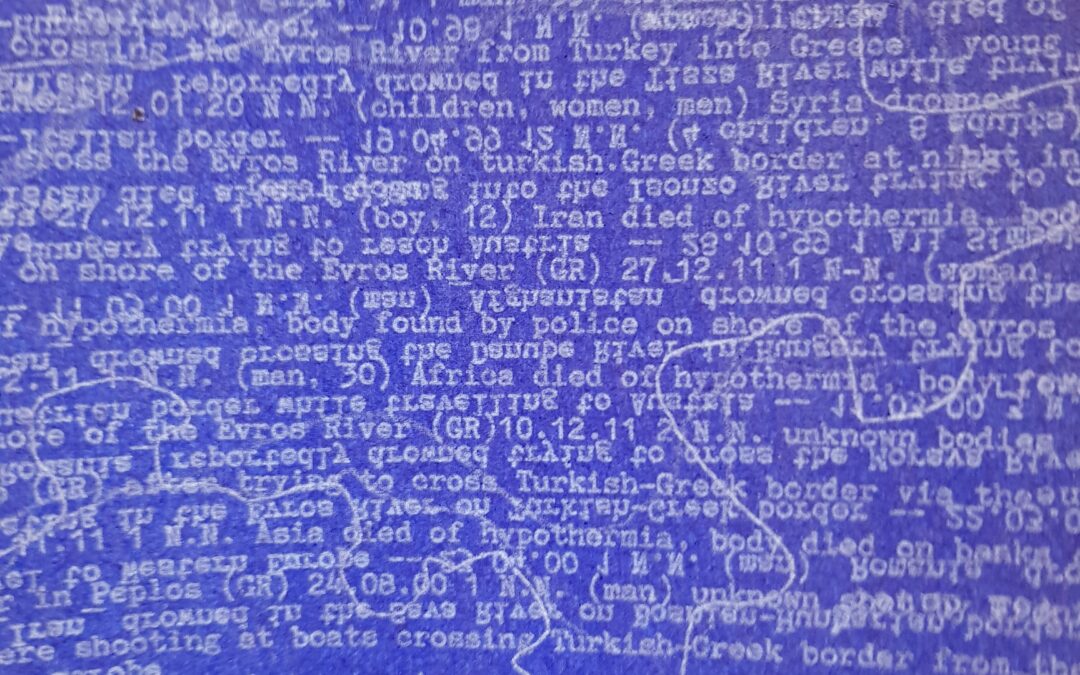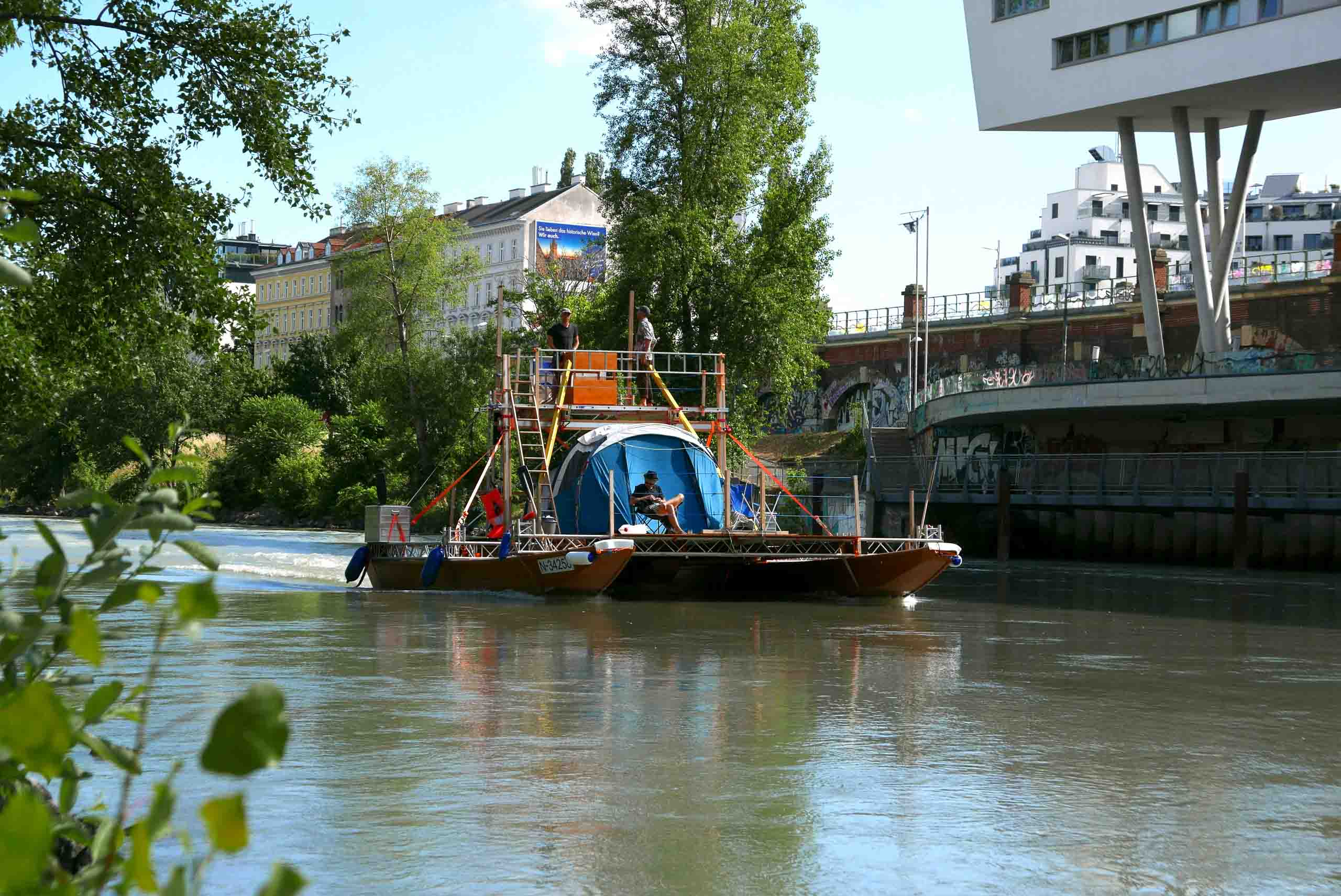
Photo by Rainer Prohaska
We caught up with Naomi Russell – co-founder of agora now – to hear the latest news about the preparations for Liquid Becomings, The European Pavilion 2024, due to set sail in August.
Tell us a bit about your role as both a curator and Producer of Liquid Becomings
I’m the founder of agora now, a movement I started after many conversations with performance artists and makers from around the world who wanted to create a different kind of space for residencies and for knowledge exchange. Agora now led the consortium of partners and curators that responded to the open call from the European Cultural Foundation (ECF) to create The European Pavilion 2024.
I’m wearing two hats for this project. I’m the overall Executive Creative Producer with a helicopter view that knits all the different parts of the project together – from artistic, to production, marketing, and civic engagement to fundraising, budgeting and acting as the main point of contact for our principal commissioner the ECF, as well as other funders. At the same time I’m one of the eight curators who conceived the project concept, curated the different journeys, and selected other artists to join the boats. I will host and curate the journey on the Rhine together with Annette Mees. But I’m not going to tell you about what we will do on the Rhine yet! That’s to come.
You’re due to publicly launch the project at the end of June. Tell us more about the launch and what it is you’ll be revealing.
On 29 June, together with our partner and two curators in Belgrade – United Artist Labor, Bojan Djordjev and Siniša Ilič – we’ll unveil the 23 chosen artists for each of the boats and the routes for the four river journeys. Naturally, we’ll do this by sailing at the confluence of the Sava and Danube rivers where there are many important historical landmarks at this axis that resonate with our curatorial concept. There’ll be performative guidance illuminating the border of the Ottoman and Habsburg empires, the numerous layers of the Kalemegdan fortress, the Staro sajmište camp, modernist urbanisation, the flow of people, goods and even the smuggling of nuclear waste in the past, all the way to gentrification and the struggle for the public good in the present.
New work has been commissioned for the launch. A musical piece by Marija Balubdžić will be performed live and become the Liquid Becomings ‘soundtrack’. Four spectacular textiles by Siniša Ilić – one for each of our river journeys – will be revealed. Both of these new artistic creations will get to travel with the boats when we set sail at the end of the summer.
How big a challenge is it to get four boats sailing on four rivers with artists on board?
In short, it’s a huge challenge. There are many different components and moving parts: eight curators and two associate curators, five partners, a further 23 artists joining the crews, and four receiving a commission for our festival celebration in Lisbon in November. Then there are producers, marketing and social media, and behind the scenes people involved. All of us are freelancers who have had to become a team very quickly after being awarded the commission. We are spread all over Europe and the Global South and working together on all the production elements mostly online. We had a whole curatorial team residency together in April for one week which was really very precious: time working, eating and living together, enriching the curatorial ideas, planning the routes more specifically and, most importantly, selecting other wonderful artists who had responded to the call to join the boats as residents.
Practically there’s a huge amount to organise so we can be ready to sail safely and confidently. We are producing a biennale in less than 11 months. This is no mean feat. The level of organisation is immense: travel plans for almost 40 people including to and from the boats and to and from Lisbon, adaptations to the boats for each river because of different conditions, especially on the Tagus. Making sure each person sailing has the right health insurance in case something happens. We have been reaching out to engage with local cultural and civil society organisations to join activities when we arrive in their town or city, but at the end of the day if there is a major weather event while we’re sailing from one place to the other, we’ll have to stop and may get delayed. The balance of planning and being prepared for the unexpected is a constant in making this project happen.
When this all starts to feel overwhelming, I try to dial back and remember the moment when we heard we were awarded the curatorship. I was at a dance biennale in Maputo, Mozambique in December when Maria, one of my fellow curators texted me with the message “dude, check your email – we got it, we won!” It was an exhilarating moment to discover that we – a group of independent artists and small collectives/structures – had been awarded the commission unanimously by the jury. That adrenaline carries you through.
The enthusiasm of everyone we share the project with, whether it’s an academic from the Netherlands, civic engagement activists from Poland, Germany and beyond to friends who know this is a big project for me this year, is incredible. Everyone ‘gets’ and remembers ‘the rivers’. Liquid Becomings really resonates and there’s excitement about what we’re going to do. This keeps me going for sure. Miguel, a Portuguese architect who is part of the Bauhaus of the Seas European Project keeps saying. “You’re sailing four boats through Europe, this is amazing, you’re doing it!” And he’s right, we are doing it. Since I was a student in London, I have carried with me the words of Doris Lessing ‘whatever you need to do, do it. The conditions are always impossible’. This quote is stuck on my fridge at home. It’s a good reminder each and every day as we make this beautiful, crazy and necessary project happen in a very short space of time.
What have been the joyful highlights so far?
Receiving the submissions from artists to join the boat crews in response to our open call was really inspiring. Each and every one had made a thoughtful and precise response to the curatorial vision and their involvement; joining forces with the curators, is really what will make Liquid Becomings sing. Making the final selection was tough, but as curators we found it flowed. After selecting the artists we wanted to include on the boats, very organically and quickly we found we could cast them into smaller groups for each journey. Now we are starting to work with our crews on their ideas for each river journey as these are collective and participatory residencies. One of my crew, for the Rhine, just this week said: “I really appreciated the opportunity to be part of this kind of residency. It is the most open residency I’ve ever had the chance to be part of.” Each time a selected artist says something like this it reminds me of how we’re curating meaningful experiences: creating a joyful and collective body of artistic experience, encounter and knowledge by being together on the water, sharing, meeting people, finding, being together.
How important are the rivers – being on and by the water – to the project?
They are fundamental. When we came up with our curatorial proposal we realised very quickly we needed to rethink the concept of a traditional pavilion in one fixed place. We wanted what we did to reach the perimeters, to be outside of the usual centres and to encounter as many different places as possible. Even more, we desired a metaphorical space to hold complexity and celebrate the liminal state. Being in the water – inside the arteries that connect not only Europe but the world – and to embrace a slow and simple way of travelling, was our response to that. So water – the rivers – sailing as an artistic practice – are very important.
What are you most looking forward to once the boats set sail?
Quite simply and very personally, I am looking forward to being on the water for a period of time, in the different time frame that this journey will create: a counterpoint to the constant ‘doing’ that too easily imposes on (my) daily life.
I love water, it brings a deep rest within me that is hard to explain. Until October 2023, I lived on the Amstel river in Amsterdam (and swam in it regularly) and now I live close to the North Sea where I swim every weekend. My love of water is, paradoxically, born out of trauma. My grandfather drowned on a family holiday when my Mum was four years old. I have photos of me as a baby, in the water in the months after I was born. My Mum now has severe Alzheimer’s and I can’t share the project with her as she doesn’t have cognitive capacity or much speech anymore. I keep thinking of this gift she gave me, a love of water, from a place of unimaginable trauma. We live in a world that is in chaos, in ruins, where there is so much grief, so much precariousness, and insecurity for too many people. How do we hold the space to acknowledge it, to listen attentively to grief, whatever it is and however it is experienced, and allow mourning to restore us. To be able to hope, to be able to act, to be able to imagine collective futures. This period on the boats is a time for me to reflect on that, in community with others – in a very personal way.
Finally, what are your top tips for joyful survival?
Take things a step at a time. Enjoy the rain on your skin when you forgot your raincoat. Don’t be afraid.
